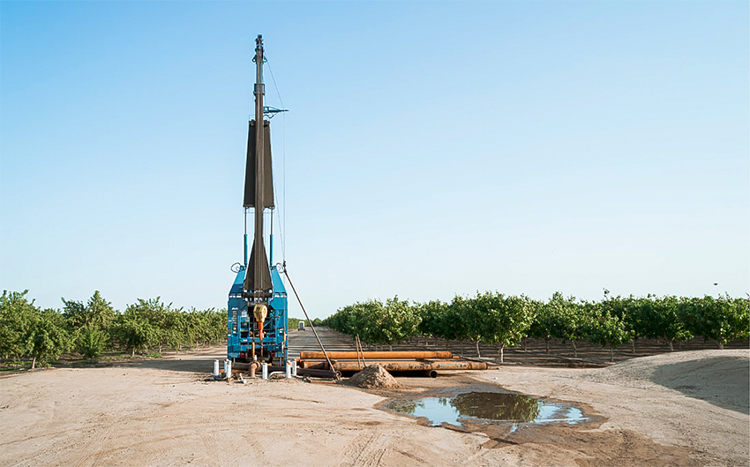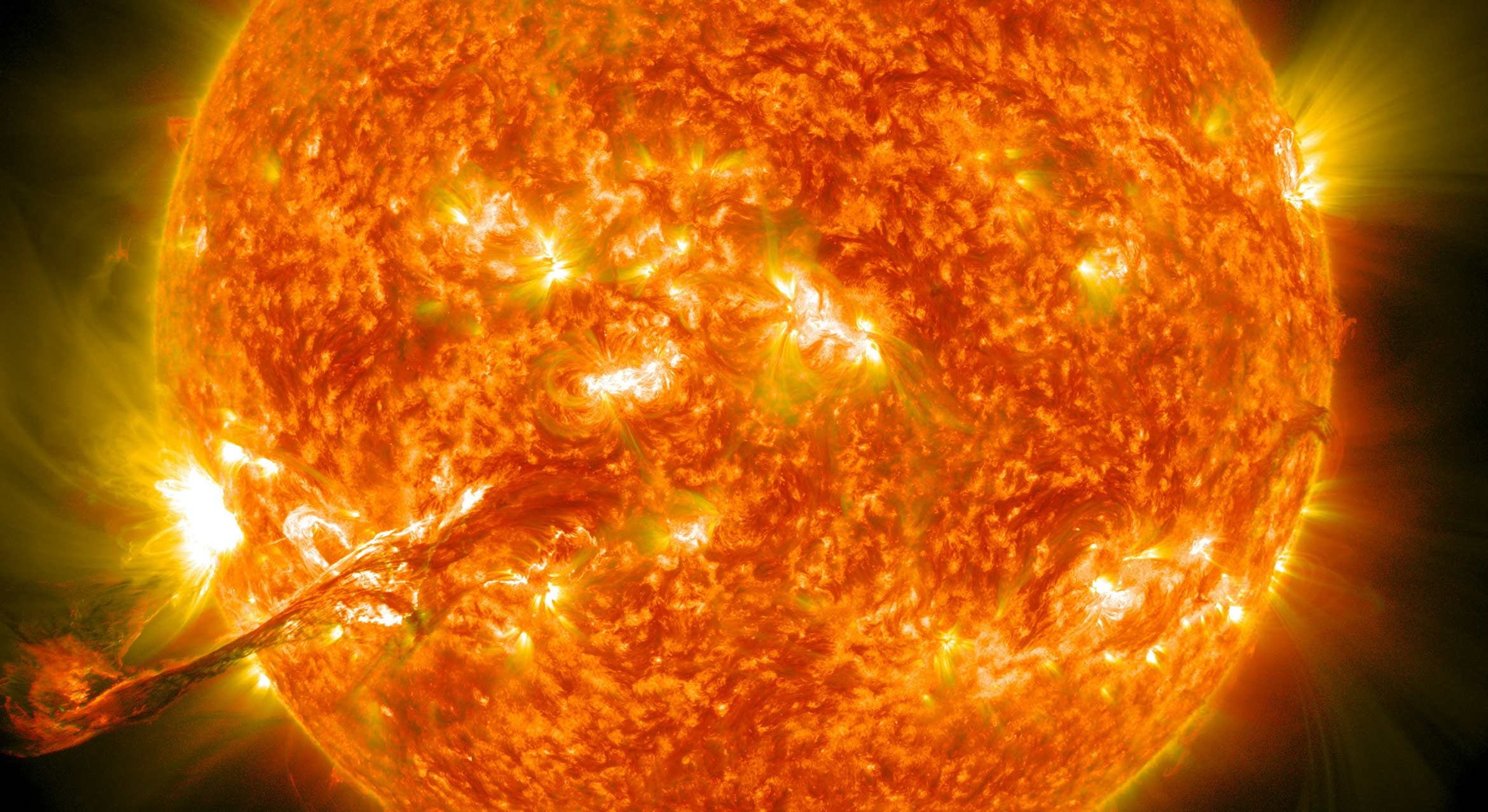
The Vital Resource Beneath Our Feet

We see it lapping at the shores of tranquil lakes, gurgling through creeks and rivers, and rushing over waterfalls. But the vast majority of liquid freshwater on our planet actually flows out of sight, well beneath our feet. This groundwater is a vital resource across the globe, providing irrigation and drinking water to billions of people.
A group of international scientists and practitioners say we are not doing enough to protect and manage global groundwater resources — an oversight they argue will have long-term effects on the planet’s drinking water, food production and adaptation to a rapidly changing climate.
“In some places, our management of groundwater has lagged, but our use of the resource has not. The result is groundwater depletion and the many undesirable impacts associated with over pumping,” said Debra Perrone, an assistant professor at UC Santa Barbara, and one of the researchers leading the new initiative. These impacts include land subsidence, seawater intrusion and declining water levels.
Perrone and several colleagues penned a call to action that appears in the journal Nature and authored a statement that has already garnered signatures from over 750 researchers, practitioners and policymakers from more than 80 countries around the world. The idea for the statement developed during a groundwater research conference that Perrone co-organized in Valencia, Spain in October 2019.
The call to action outlines three key action items to address the situation:
- Put the spotlight on global groundwater sustainability by completing a UN World Water Development Report on the state, trends and prospects of global groundwater sustainability for the 2022 UN World Water Day, dedicated to groundwater and recognizing the global importance of groundwater to the UN 2030 Agenda for Sustainable Development;
- Manage and govern groundwater sustainably from local to global scales by applying sustainability guiding principles by 2030;
- Invest in groundwater governance and management by implementing groundwater sustainability plans for stressed aquifers by 2030.
“Groundwater is the forgotten secret that we have under our feet, yet it is critical to our lives,” said Tom Gleeson, co-author of the Nature correspondence and an associate professor at the University of Victoria. “Protecting and managing groundwater is critical for the future of food production, adapting to a changing climate, and for sustainable development of communities and building better societies worldwide.”
The call comes on the eve of United Nations Climate Change Conference in Madrid (COP 25), the beginning of the Decade of Action on the UN Agenda 2030, and the annual meeting of the American Geophysical Union, the world’s largest gathering of Earth scientists.
“The statement’s goal is to highlight the importance of groundwater as we talk about climate resilience and sustainability,” Perrone said.
“Groundwater is the world’s largest freshwater resource,” she added, “and it tends to be more resilient to climate variability, which means that it is a key resource during prolonged drought.”
The researchers’ statement notes that groundwater provides drinking water for more than two billion people, as well as more than 40% of the water for irrigated agriculture worldwide. However, around 1.7 billion people live above aquifers that are stressed by overuse.
“We are seeing a picture that is incredibly troublesome,” said Jay Famiglietti, another of the statement’s coauthors and the director of the Global Institute for Water Security at the University of Saskatchewan. “All over the world, especially in the mid-latitudes, water is going to be increasingly scarce, and particularly from our groundwater aquifers. Those are being overtaxed and pumped at an unsustainable rate and so that will pose major threats for water availability, water security and food security as well.”
“Groundwater depletion is occurring in many places around the world, but there is room for optimism,” Perrone said. “There are examples of communities that have come together to improve groundwater governance and manage their groundwater resources sustainably.”



